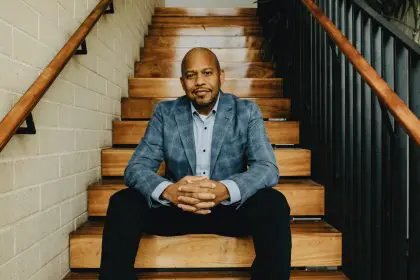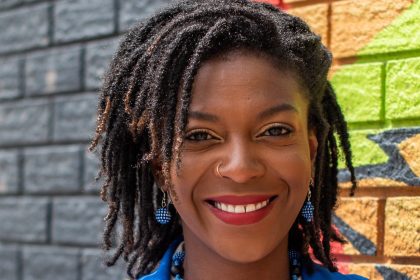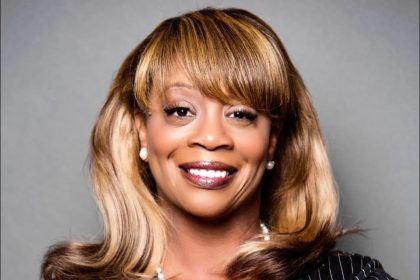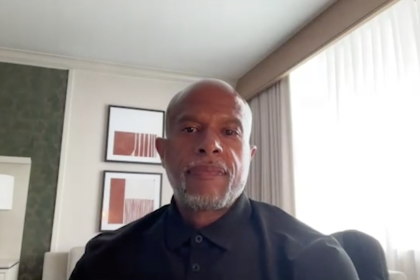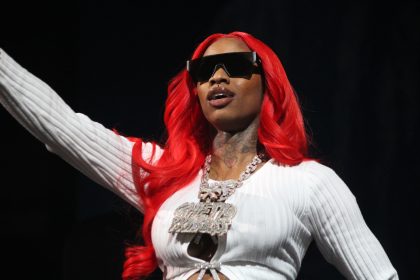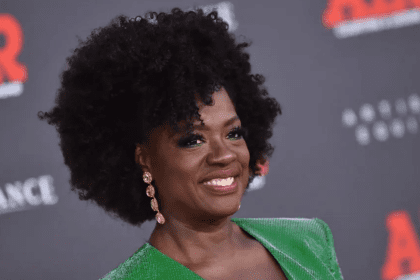Welcome to this special edition of Equity in Focus, where we bring you an insightful discussion between Kevin E. Hooks and Richard Fowler, exploring the transformative power of storytelling within the realms of media, activism, and education. In today’s complex world, where the narratives of marginalized voices are often drowned out, Fowler presents storytelling not just as an art form, but as a crucial weapon in the fight for equity and social justice.
Fowler’s journey began not in the bustling newsrooms or political battlegrounds where we find him today, but rather in a household filled with the echoes of a Fisher Price karaoke machine. This childhood gift from his godmother was more than just a toy; it was the inception of Fowler’s lifelong passion for storytelling. Even as a young boy, Fowler had the zeal to share narratives, a trait that has magnificently blossomed into his current role as a prominent journalist and advocate for social change.
From political activism to national media
The transition from a young graduate navigating the tumultuous job market of the 2008 Great Recession to a national media figure was not straightforward. Fowler’s initial steps into the political arena were driven by necessity, but it was here that he discovered his true calling: communication. His work across various campaigns and his efforts to amplify the voices of educators in Detroit and nurses across the country illustrate his early commitment to using media as a tool for advocacy.
In a poignant part of the conversation, Fowler challenges the notion that the power of storytelling is waning in today’s divided society. Contrary to this belief, he asserts that storytelling is more vital than ever, particularly for marginalized communities. Through his experiences as a Black queer man in America, Fowler highlights the resilience of narratives that persist despite attempts to suppress them. His reflections on cultural stories, like the migration narratives encapsulated in the making and sharing of fried chicken, underscore the enduring strength of these shared histories in fostering community and resilience.
Fowler’s recounting of his day spent with Brandon Scott, the Mayor of Baltimore, exemplifies the importance of authentic storytelling in leadership. By focusing on Scott’s genuine connection with his community rather than the polished veneers often presented by politicians, Fowler demonstrates how true stories can cut through the noise, challenge misinformation, and inspire action.
The role of storytelling in empowering young voices
Toward the end of their conversation, Fowler and Hooks delve into the role of education in perpetuating storytelling. As a professor, Fowler is keen on nurturing the next generation of critical thinkers and storytellers. His teaching not only focuses on the mechanics of journalism but also emphasizes the ethical implications and the power of narrative in shaping public opinion and policy.
For those aspiring to make their mark in the world of journalism, Fowler offers sage advice: start with the truth, stay persistent, and embrace the messiness of first drafts. His journey from uncertainty to a prominent voice in media is a testament to the impact one can have through dedication, resilience, and a commitment to truth.
As we wrap up today’s discussion, it’s evident that storytelling is not just about preserving history or entertaining an audience; it’s a robust tool for activism, an education method, and a pathway to deeper understanding. Fowler’s insights remind us that each story told is a step toward a more equitable and inclusive society. Let’s carry forward the torch of storytelling with the determination to illuminate the shadows and give voice to the voiceless. Stay engaged, stay informed, and continue to focus on equity.
Thank you for tuning into this enlightening conversation. Until next time, keep pushing forward, one story at a time.
AI assisted in summarizing this episode of Equity in Focus.



